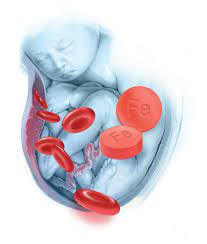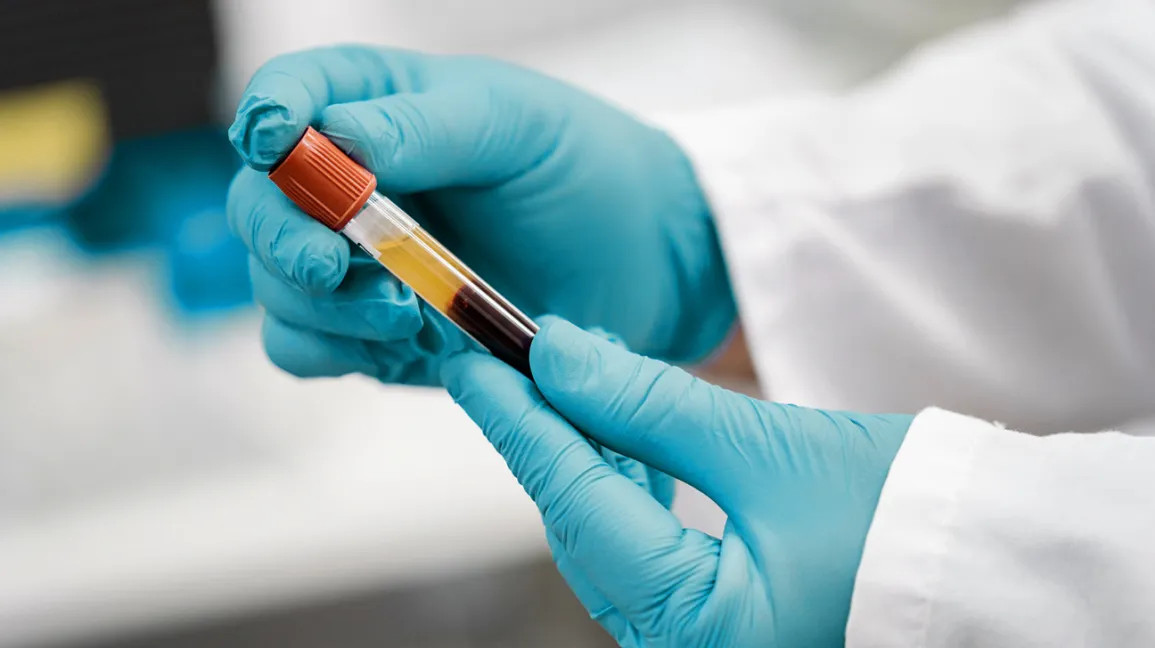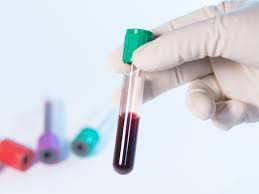Definition
Folate, also known as vitamin B9, exists in two forms: natural folate found in food and synthetic folic acid, which is made by humans. Folate is water-soluble, and its functions in the body are critical. Natural sources of folate include green leafy vegetables, fruits, nuts, beans, peas, dairy products, poultry, meat, seafood, and whole grains. Folic acid, the synthetic form, is commonly found in supplements. Both forms of vitamin B9 are essential for several bodily functions, including:
-
Producing red blood cells
-
Preventing hearing loss
-
Maintaining the health of the baby’s brain
-
DNA and RNA synthesis and repair
-
Supporting cell division and growth
Folic acid plays a key role in preventing various health conditions, especially for pregnant women, as it can help prevent fetal birth defects of the brain or spine, such as spina bifida, neural tube defects, and anencephaly.
Folate tests are performed to diagnose and monitor health conditions caused by folate deficiency. Testing is commonly done when there are concerns about low folate levels, which can lead to conditions like megaloblastic anemia, a type of anemia caused by insufficient red blood cell production. Folate deficiency or low vitamin B12 levels are known to contribute to this condition.
If you’re receiving treatment for folate deficiency, a folate test is used to monitor your progress and determine if your levels have normalized. People with conditions like inflammatory bowel disease, which affects nutrient absorption, may also undergo regular folate testing to ensure adequate levels.
Indication
A folate level test is recommended if your doctor suspects a deficiency in folate. Low folate levels can lead to several health issues, including:
-
Inadequate production of red blood cells (anemia)
-
Impaired development of red blood cells
-
Nerve damage
If you have symptoms of anemia or neuropathy (such as pain, weakness, numbness, or tingling), a folate blood test may be necessary. Additionally, if you are being treated for low folate or low vitamin B12, your doctor may order a follow-up test to monitor the effectiveness of your treatment.
Contraindication
There are no contraindications or specific conditions that would prevent you from undergoing a folate test.
Preparation Before the Test
You should avoid eating or drinking for at least 6 hours before the test. Your doctor may also instruct you to stop taking certain medications, including folic acid supplements, that could influence the test results. Some medications that can lower folate levels include:
-
Alcohol
-
Aminosalicylic acid
-
Birth control pills
-
Estrogen
-
Tetracycline
-
Ampicillin
-
Chloramphenicol
-
Erythromycin
-
Methotrexate
-
Penicillin
-
Aminopterin
-
Phenobarbital
-
Phenytoin
-
Medications for treating malaria
Test Procedure
A blood sample is typically taken from a vein in your arm. The healthcare professional performing the test will first tie an elastic band around your upper arm to make the veins more visible.
The needle insertion area will be cleaned with antiseptic to prevent infection. Then, a needle connected to a sample tube will be inserted into the vein to collect a small amount of blood. You may experience a slight sting as the needle enters the skin. The blood collection process usually takes just a few minutes.
Normal and Abnormal Values
Normal Results
The normal range for folate levels is typically from 2.7 to 17.0 nanograms per milliliter (ng/mL) or 6.12 to 38.52 nanomoles per liter (nmol/L). However, this range may vary slightly depending on the laboratory. It’s important to discuss the test results with your doctor, as some laboratories may use different units of measurement or test different specimens.
Abnormal Results
If folate levels are lower than the normal range, it may indicate:
-
Poor diet
-
Malabsorption syndromes (e.g., celiac disease)
-
Malnutrition
This test is also useful in diagnosing:
-
Anemia due to folate deficiency
-
Megaloblastic anemia
Results and Recommendations (Follow-up Tests)
If your folate levels are outside the expected range, it is important to consult with an internal medicine specialist for appropriate treatment, as this may suggest the presence of the conditions mentioned above.
Consult the Right Doctor
If your folate test results are abnormal, you can consult with a general practitioner for further testing or to begin therapy based on the diagnosis. An internist can also help discuss your symptoms and test results in more detail. For pediatric patients, abnormal test results should be discussed with a pediatrician.
Looking for more information about laboratory, radiology, and other examination results? Click here!
- dr Hanifa Rahma
Health Direct - Folate Blood Test (2022). Retrieved 9 May 2023, from https://www.healthdirect.gov.au/folate-test
Health Link BC - Folate Test (2021). Retrieved 9 May 2023, from https://www.healthlinkbc.ca/tests-treatments-medications/medical-tests/folic-acid-test
Testing - Folate Test (2021). Retrieved 9 May 2023, from https://www.testing.com/tests/folate-test/
UCSF Health - Folic Acid Test (2019). Retrieved 9 May 2023, from https://www.ucsfhealth.org/medical-tests/folic-acid---test












